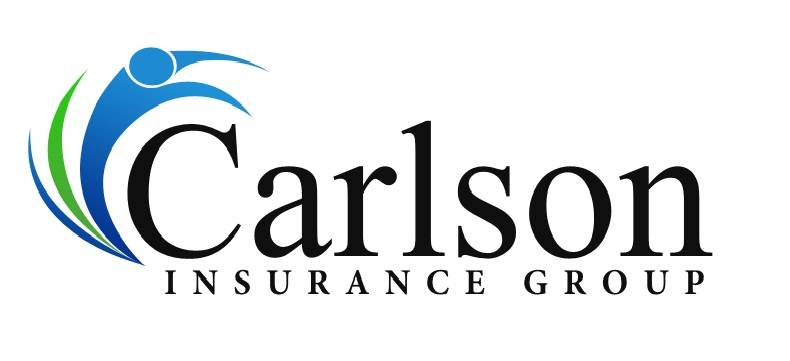Your credit score is one of the most influential factors when it comes to financial outcomes in your life. Most people know that their credit scores affect their ability to obtain a mortgage or loan. What’s more, most people understand that the interest rates they pay on loans is tied to their credit scores. However, there are even more aspects of your life that are influenced by your credit score.
In fact, your insurance premiums can be directly affected by your credit score, which means that if your score isn’t great, you’ll be paying more for your coverage.
Insurance Scores
Many insurance companies use your credit score to generate a credit-based insurance score that is then used as a factor in determining your premiums. Credit-based insurance scores and your credit score are not the same thing. Insurance scores focus on only some factors of your credit history in order to gain an indication about how you manage risk. Factors that may be used include:
• Payment history
• Amount of debt
• Length of credit history
• Recent applications for new credit
• Types of credit you have
In some states, insurance companies are limited in whether they can use credit-based insurance scores and, if so, to what extent.
While influential, credit-based insurance scores are only one factor in a company’s process of determining your premiums. Auto insurance companies, for example, could consider factors such as your location, age, the model and age of your vehicle, and how much you drive.
Improving Your Score
The easiest way to improve your credit-based insurance score is to increase your actual credit score. A healthier credit score can lead to lower premiums and put money back into your pockets. In addition, the higher your credit score, the better terms you will receive on loans and credit cards. As such, having a good credit score is helpful not only for the present, but also for your financial future.
Some steps that you should consider taking to improve your credit score include:
Be punctual
Paying your bills on time is a cornerstone of maintaining or enhancing your credit score. Late or missed payments can negatively impact your credit history, making it essential to meet all payment deadlines. This includes credit card bills, loan installments, utility payments, and any other financial obligations. Consistent on-time payments demonstrate responsible financial management and contribute positively to your creditworthiness.
Pay it back
Lowering the total amount of debt you owe can significantly boost your credit score. High debt levels, particularly when approaching your credit limits, can negatively affect your credit utilization ratio. Aim to reduce outstanding balances on credit cards and loans. Paying off debts efficiently not only reduces your financial burden but also reflects positively on your credit profile.
Keep your account open
While it might be tempting to close a credit card account once you’ve paid it off, it’s generally beneficial to keep the account open, even if there’s no outstanding balance. The length of your credit history is a crucial factor in your credit score. Older, well-maintained accounts contribute positively to your credit score. Closing accounts can shorten your credit history, potentially lowering your score.
Limit new debt
Each time you apply for new credit, whether it’s a credit card, loan, or any form of financing, it triggers a hard inquiry on your credit report. Multiple inquiries within a short period can raise concerns about your creditworthiness and slightly lower your credit score. Minimize the number of new credit applications to maintain a stable credit profile. Instead, focus on optimizing existing accounts and building a strong credit history.
Maintain balance
A well-balanced mix of different types of credit, such as mortgages, auto loans, credit cards, and personal loans, can positively impact your credit score. Lenders like to see that you can responsibly manage various types of credit. However, don’t open new credit accounts solely for this purpose; manage the types of credit you genuinely need and can handle responsibly.
Contact Carlson Insurance Group today to learn more about how your credit score may be affecting your insurance premiums.






